Our Lives Are on the Line—Again: What Political Violence Means for Black America
Share
Explore Our Galleries
Breaking News!
Today's news and culture by Black and other reporters in the Black and mainstream media.
Ways to Support ABHM?
By THE AFRO
The rise of political violence in the U.S. is a consequence of divisive rhetoric, with the 47th president’s inflammatory language being a significant factor.

As elected officials are murdered in their homes and threats escalate nationwide, we must confront the deadly cost of divisive rhetoric—and why it matters now more than ever to Black communities.
The recent targeted murders of elected officials in Minnesota are a national tragedy—shameful, despicable and heartbreaking. On June 14, former Minnesota House Speaker Melissa Hortman and her husband were gunned down in their Brooklyn Park home by a man impersonating a police officer. That same day, state Sen. John Hoffman and his wife were critically wounded in a similar attack. Law enforcement later revealed that the suspect had compiled a hit list of more than 30 elected officials, including Gov. Tim Walz and Congresswoman Ilhan Omar.
This violence is appalling but, tragically, it is not surprising.
[…]
As citizens, as voters, as people of conscience—we must reject language that tears at the fabric of democracy.
So what? Why should this matter especially to Black communities?
Because we’ve lived this before. We know what happens when leaders use fear and division to consolidate power. We’ve seen the consequences of being labeled as threats, invaders, or outsiders. Whether through dog whistles or bullhorns, the language of dehumanization has too often been a prelude to policies—or violence—meant to silence, suppress or destroy.
If the murder of public servants in Minnesota teaches us anything, it’s that silence in the face of dangerous rhetoric is not an option. As citizens, as voters, as people of conscience—we must reject language that tears at the fabric of democracy. We must insist that those who seek to lead us do so with dignity, not destruction.
Words matter. Especially the presidents. Because when words become weapons, none of us are safe.
Read more to on what political violence means for Black America.
Check out our civil rights gallery to see more of the struggle of the Black community.
Check out our Breaking News section for more Black News.
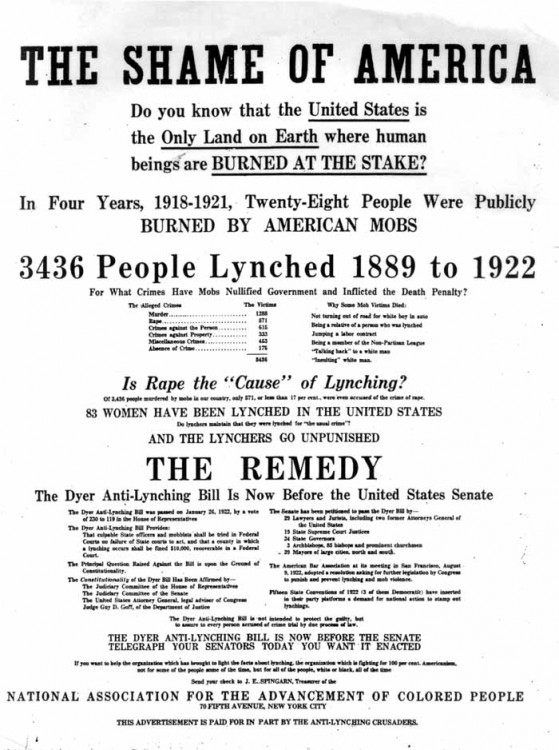
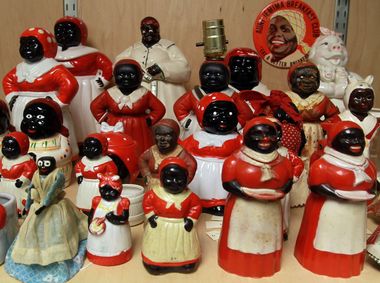
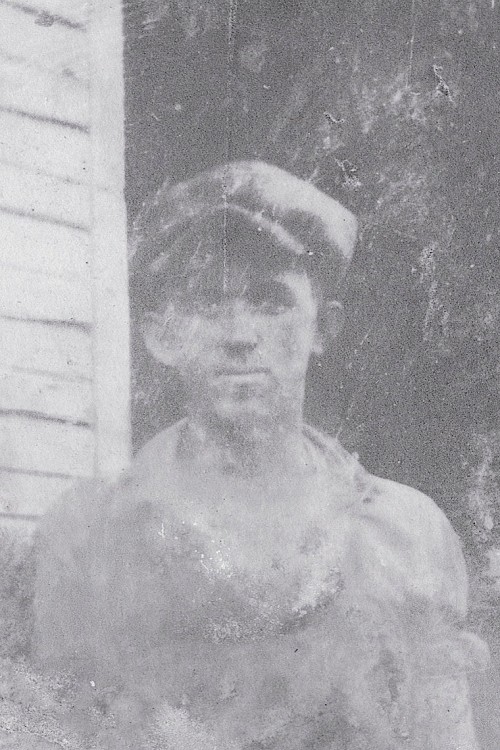
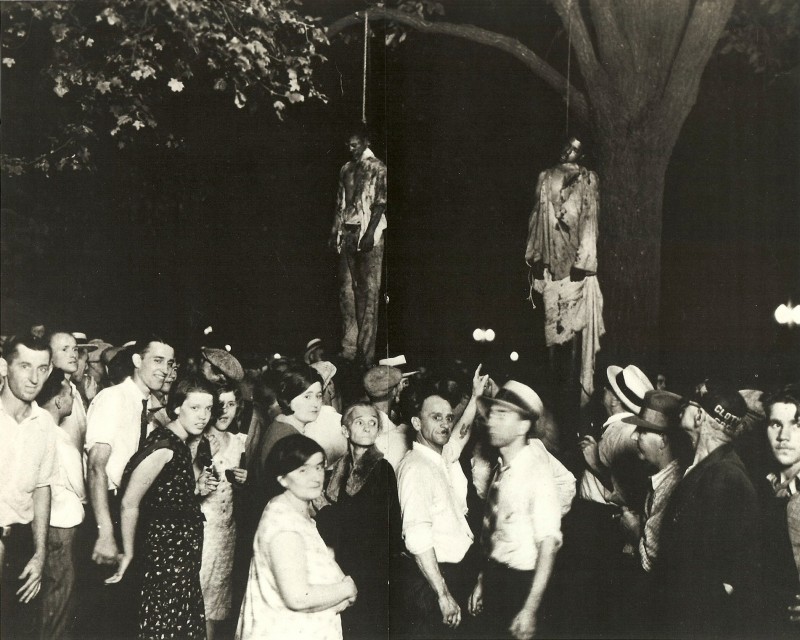
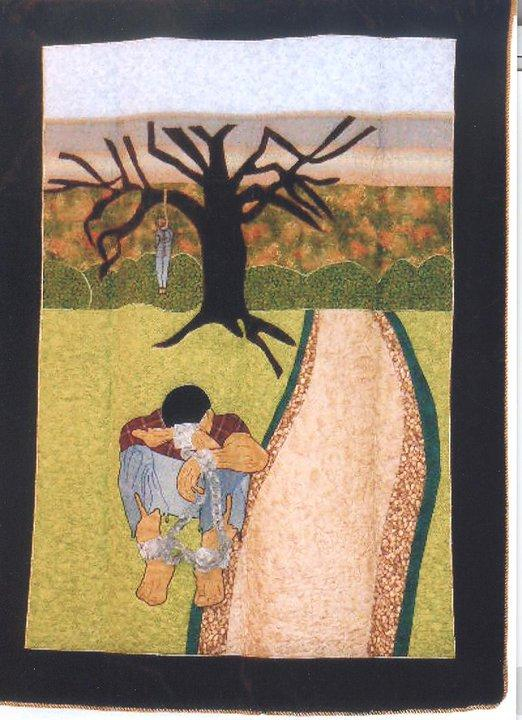
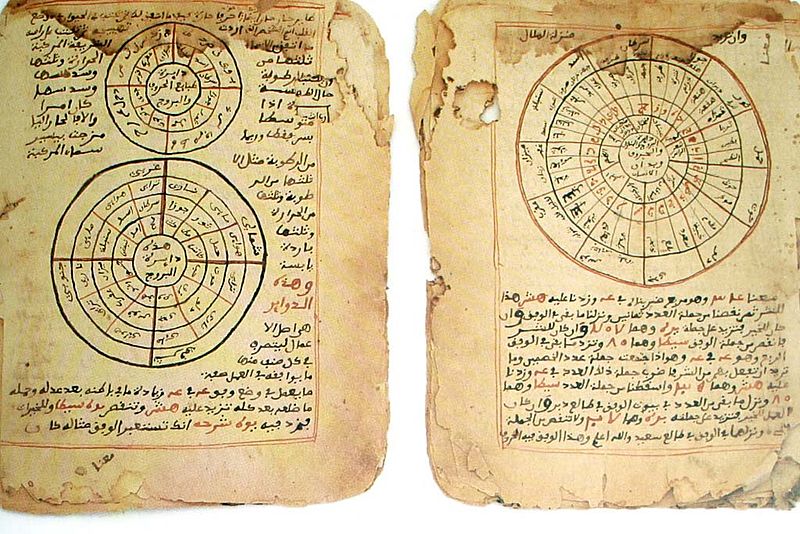
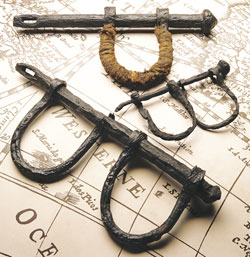


Comments Are Welcome
Note: We moderate submissions in order to create a space for meaningful dialogue, a space where museum visitors – adults and youth –– can exchange informed, thoughtful, and relevant comments that add value to our exhibits.
Racial slurs, personal attacks, obscenity, profanity, and SHOUTING do not meet the above standard. Such comments are posted in the exhibit Hateful Speech. Commercial promotions, impersonations, and incoherent comments likewise fail to meet our goals, so will not be posted. Submissions longer than 120 words will be shortened.
See our full Comments Policy here.